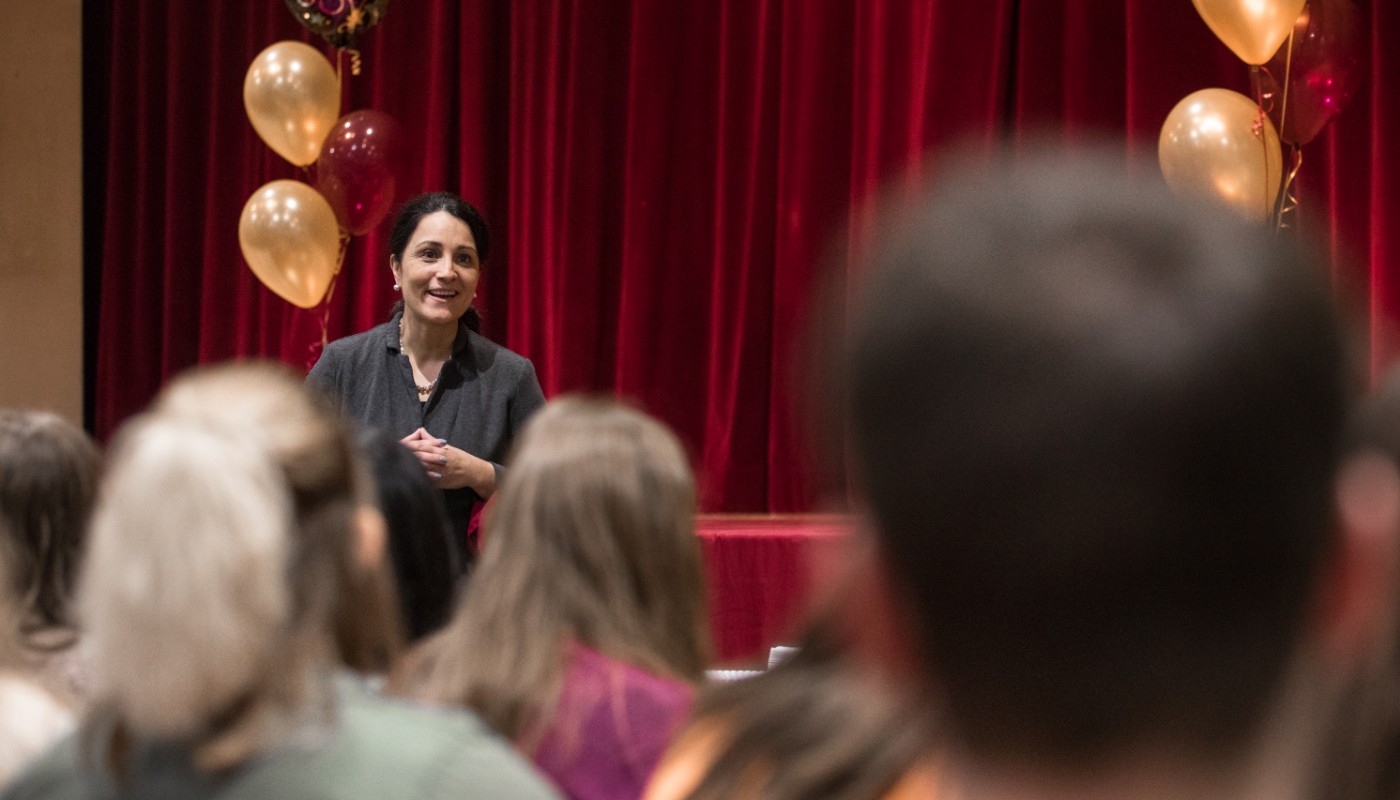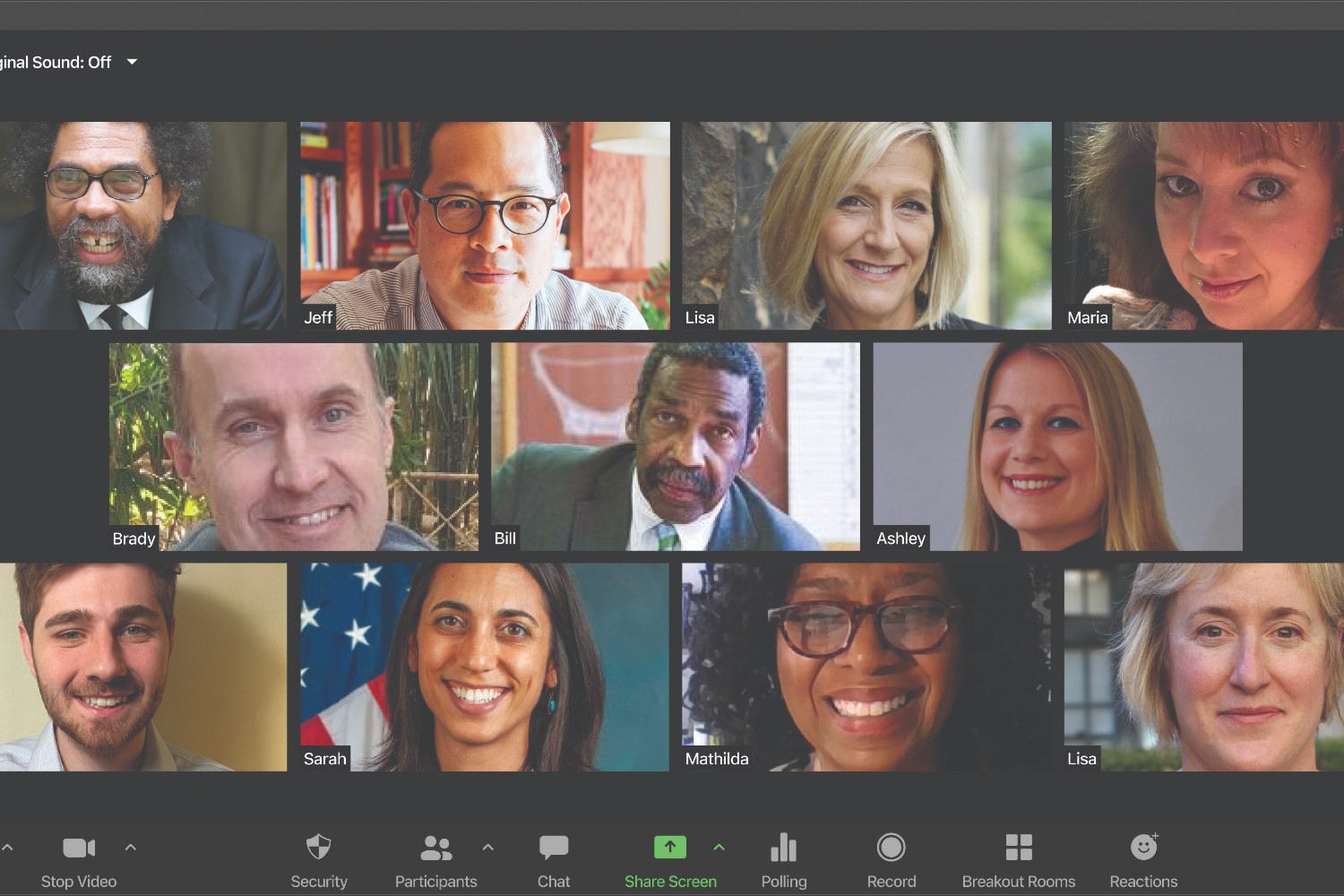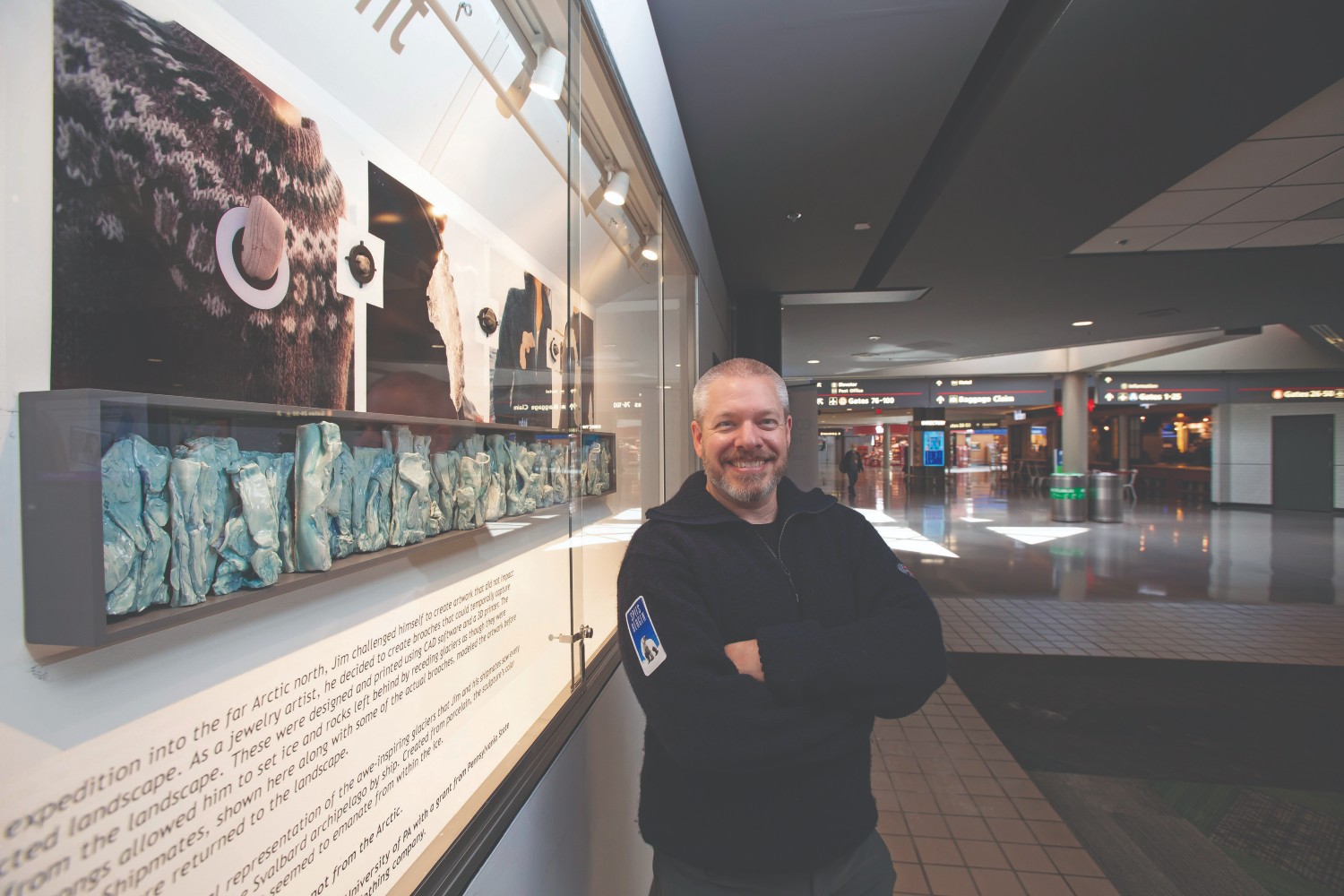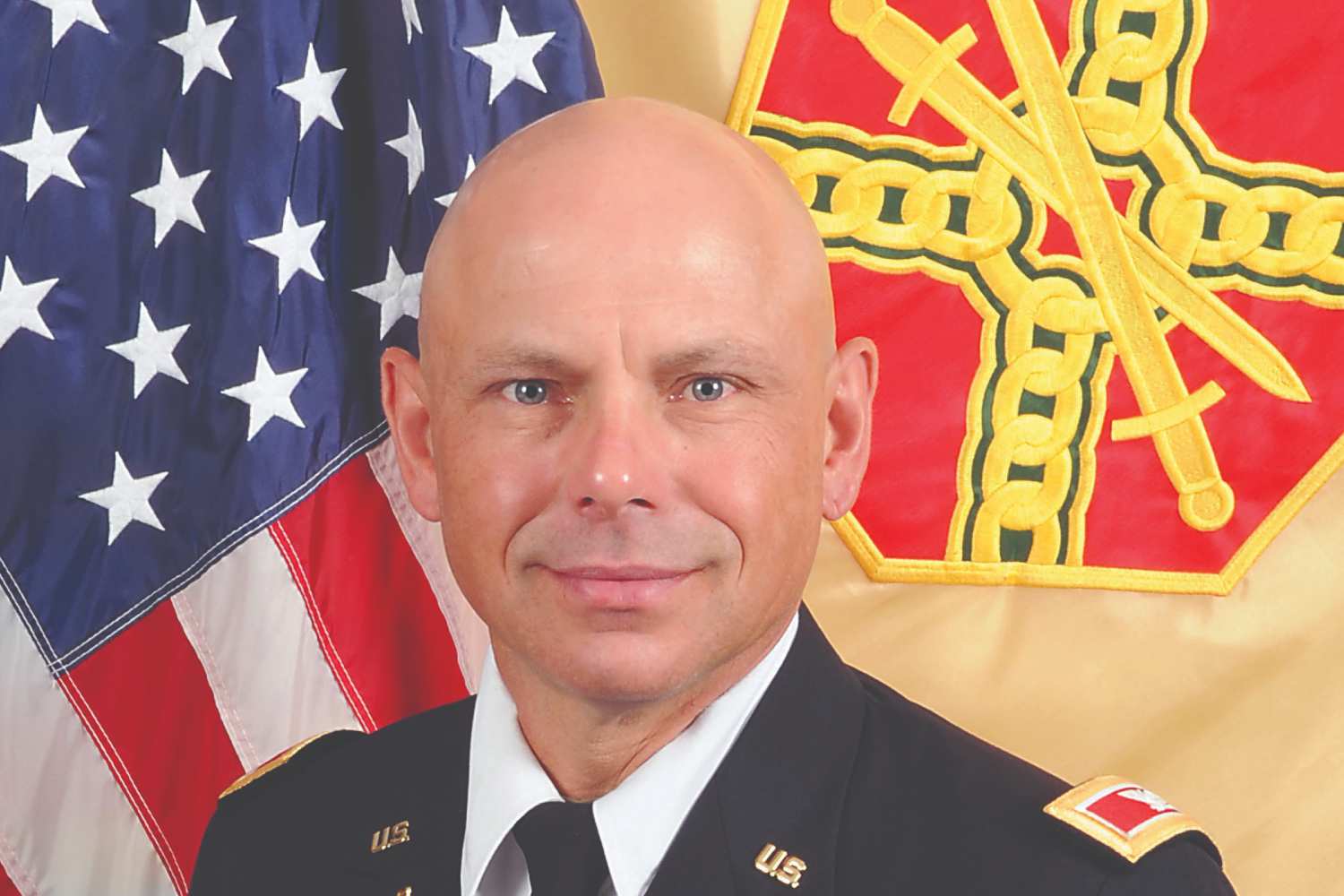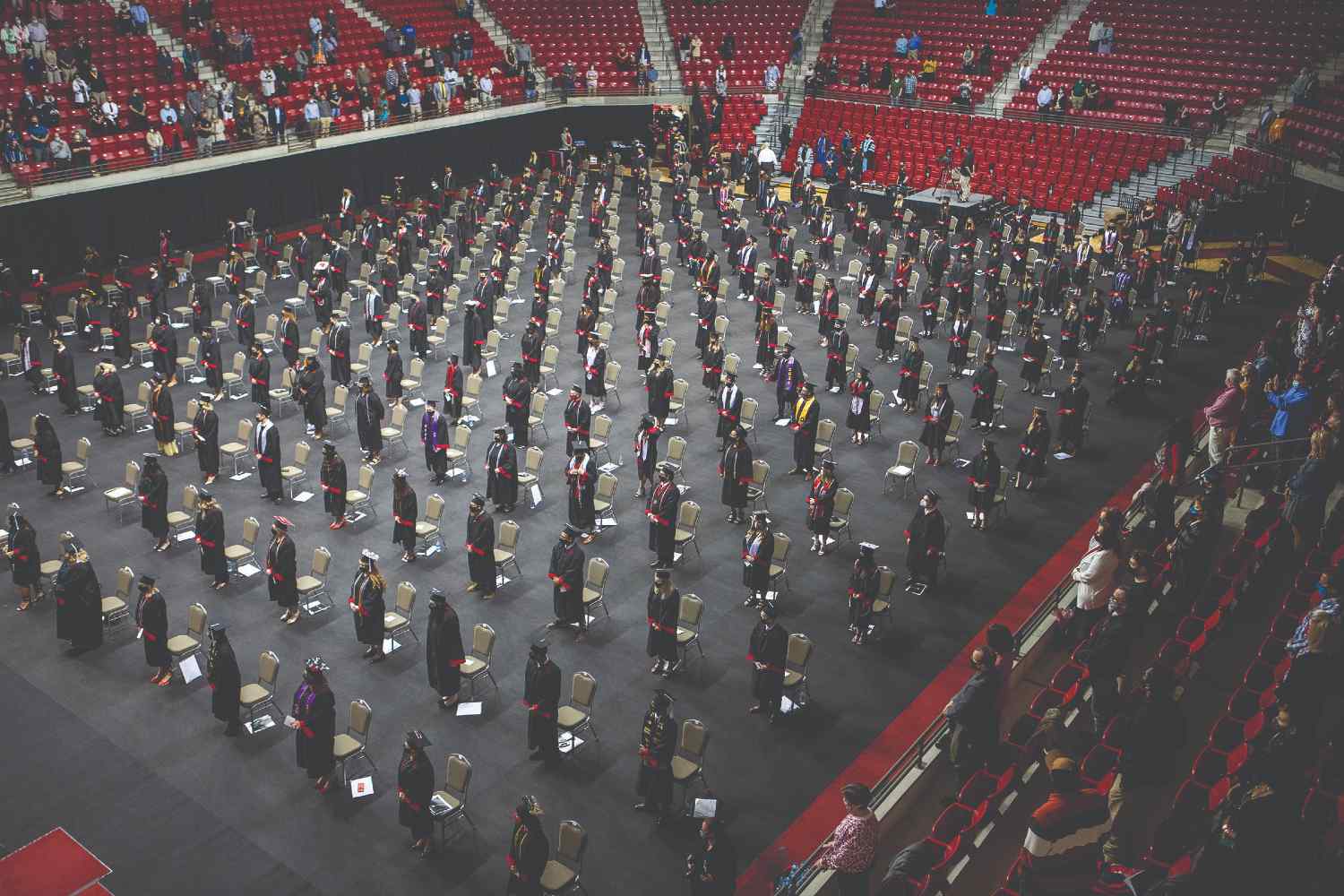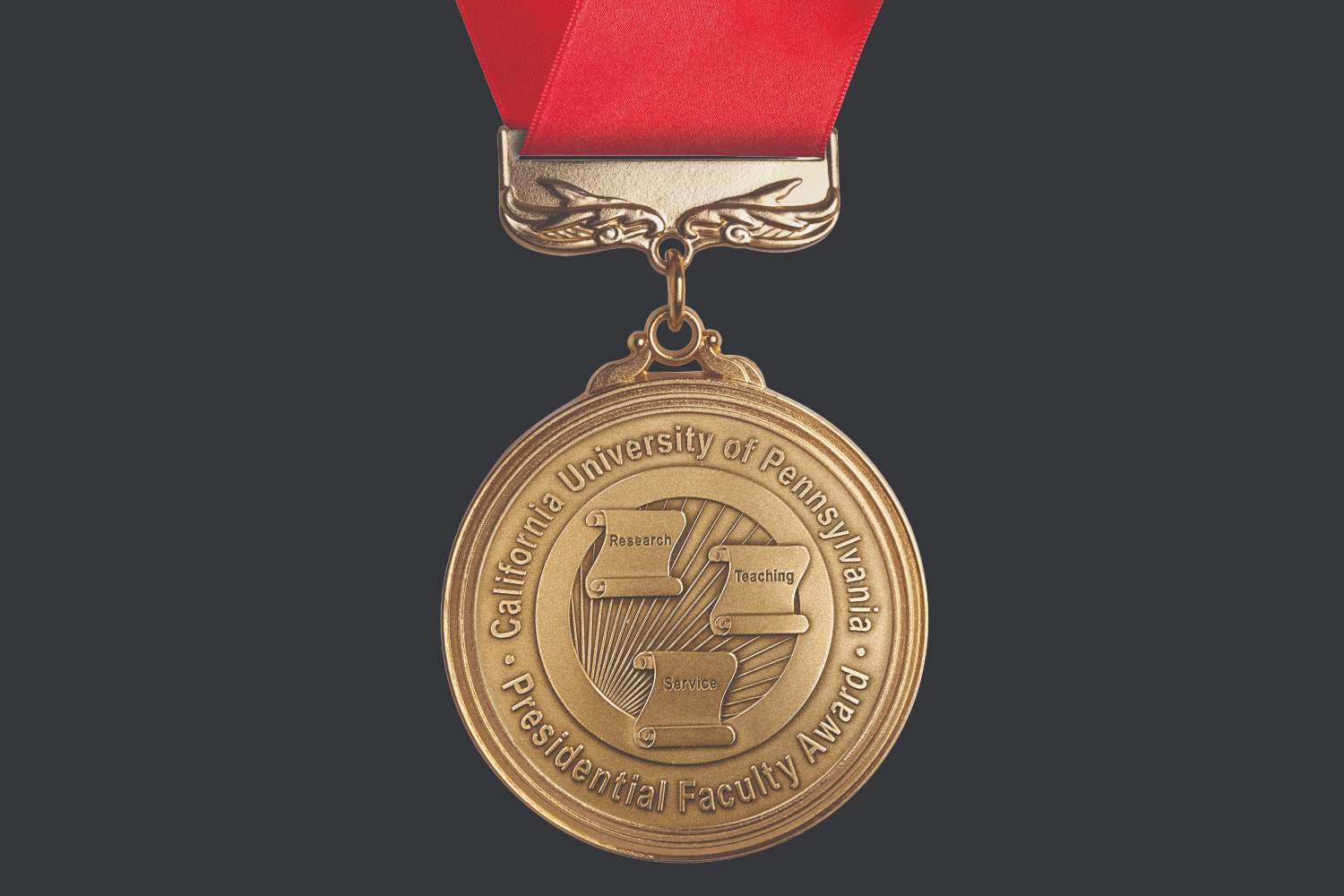The Spanish IV class was a little nervous. Sure, the seniors at California Area High School had been studying the language for years, but could they converse with a native speaker?
And what about the specialized course they’d be taking, Spanish for Professionals: Medical Spanish?
“It’s not your native language,” student Sydney Smichnick points out. “You don’t want to sound foolish.”
They needn’t have worried. All 16 learners received certificates for completing the 30-hour course developed by Dr. Andrea Cencich, assistant professor of Spanish at Cal U. She is working on a similar program for business professionals.
“This course introduces the rigors of college learning to high school students,” Cencich says. “It is part of our mission to provide services to the community that promote diversity and increase cultural awareness.
“It’s about feeling comfortable with people from different places – that was my higher objective. You wish there were even more programs to expose children to different cultures.”
Spanish teacher Haley Bashada ’16, ’19 taught the course at California Area High School. The Cal U alumna has undergraduate degrees in secondary education with concentrations in English and Spanish, and a master’s degree in secondary education and administrative leadership.
Cencich, who was born in Chile, joined the class in a video conference each week, so the teens could learn to understand her dialect, which differs from Bashada’s.
The course helped students who are considering medical careers, and it improved the class’s overall skills in conversational Spanish.
“It was great to see all the progress you made,” Bashada told her students at a certificate presentation ceremony.
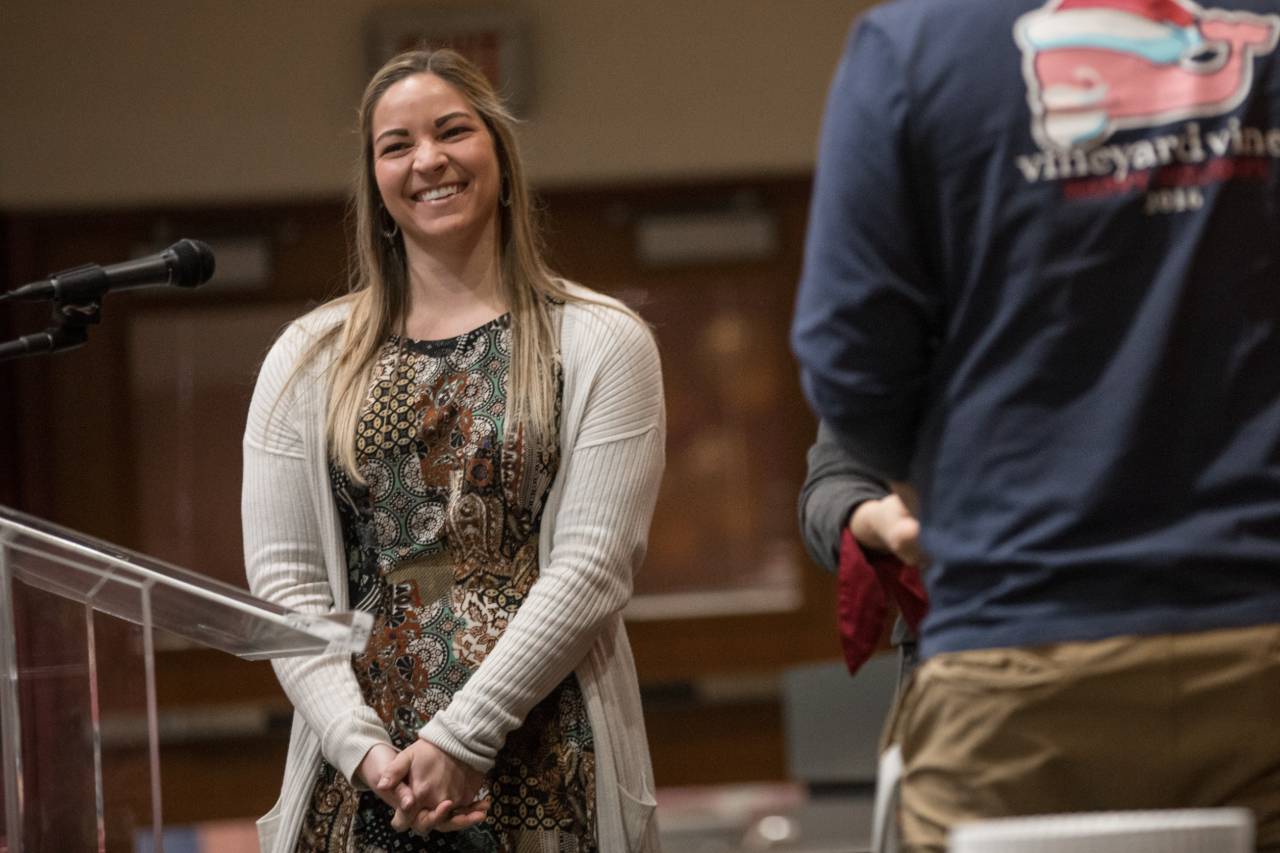
High school principal Leigh Ann Folmar ’88, ’91 was there to applaud their success, along with Dr. Kristen Majocha, dean of the College of Liberal Arts, and Dr. Arcides Gonzalez, chair of Cal U’s Department of Art and Languages.
“They were all nervous to talk with Professor Cencich the first time, but they got so much more comfortable talking to her, me and each other,” Bashada says.
“All of them will appreciate learning Spanish and will probably use it at some point in their lives, professionally or personally.”
Majocha, Gonzalez and Cencich emphasized the role of a university in a community, and the cultural importance of languages and the liberal arts.
“It’s important to teach children how to interact with people of different backgrounds,” Gonzalez says. “They have opened a door by learning a second language, and it will be helpful in a variety of careers – education, medicine, criminal justice and more.”
Learning a language is key to cultural appreciation, Majocha adds.
“When you learn a language, you learn humanity. The students all have had an experience that many people don’t, and it will help them to understand the world in a way their peers cannot."

